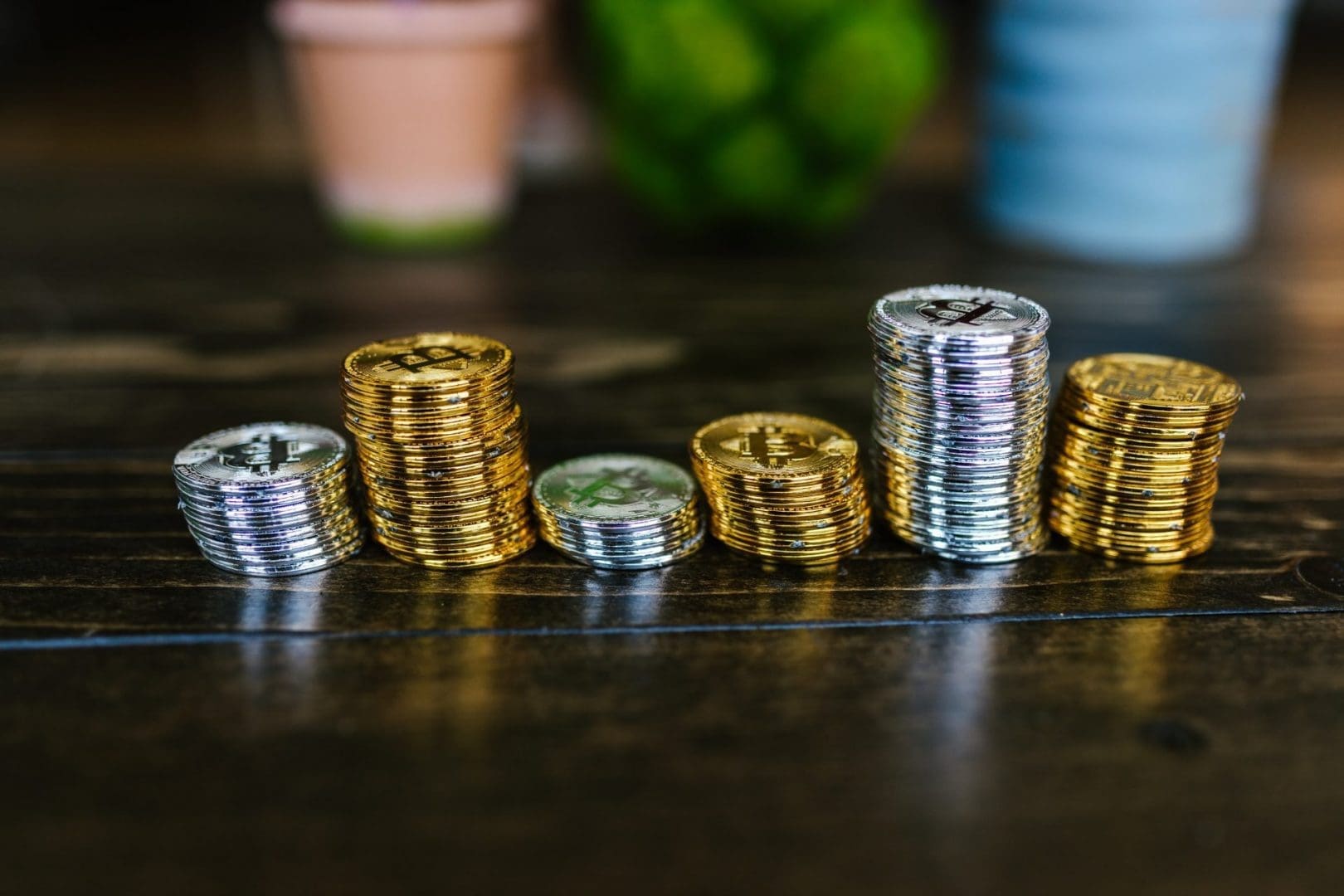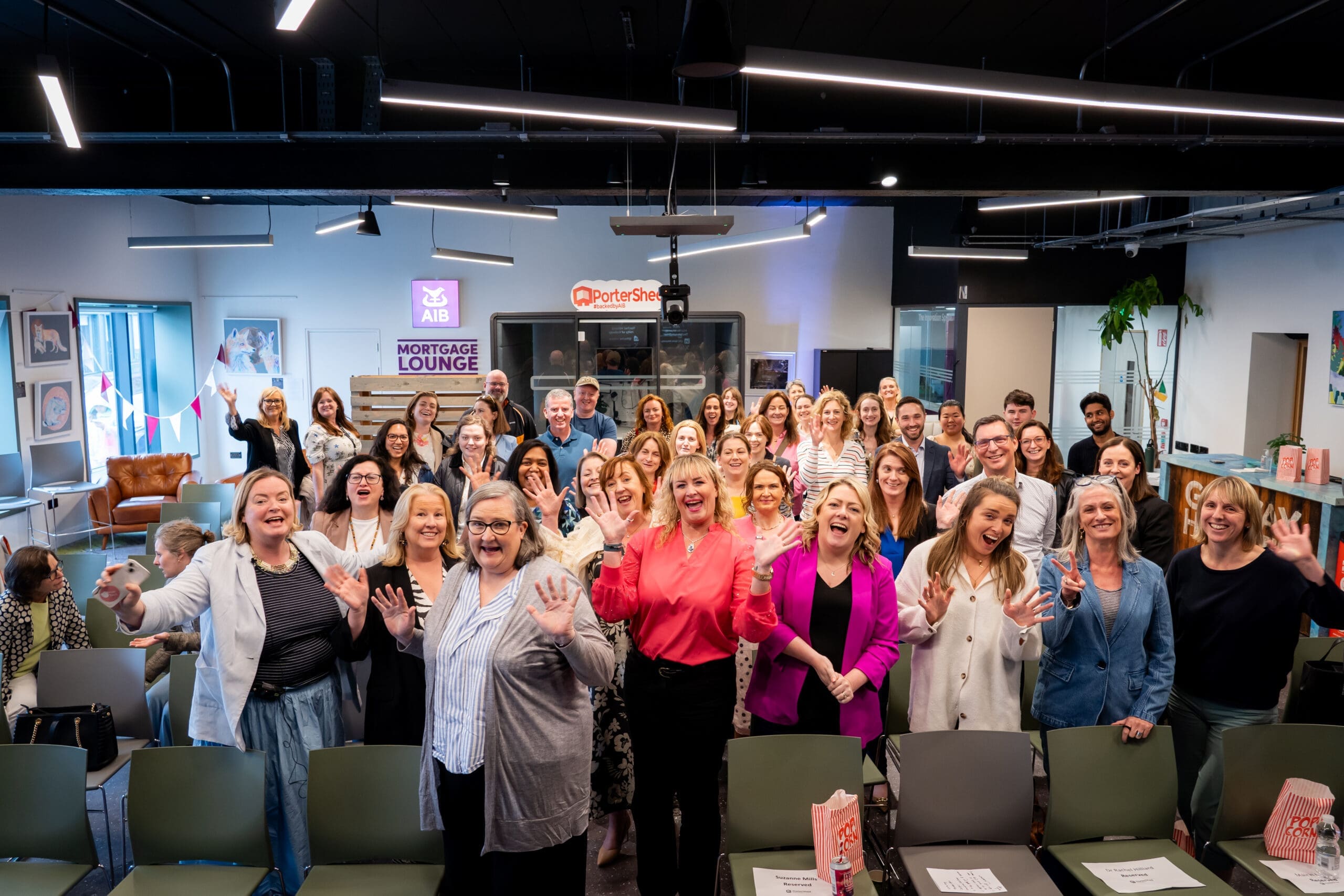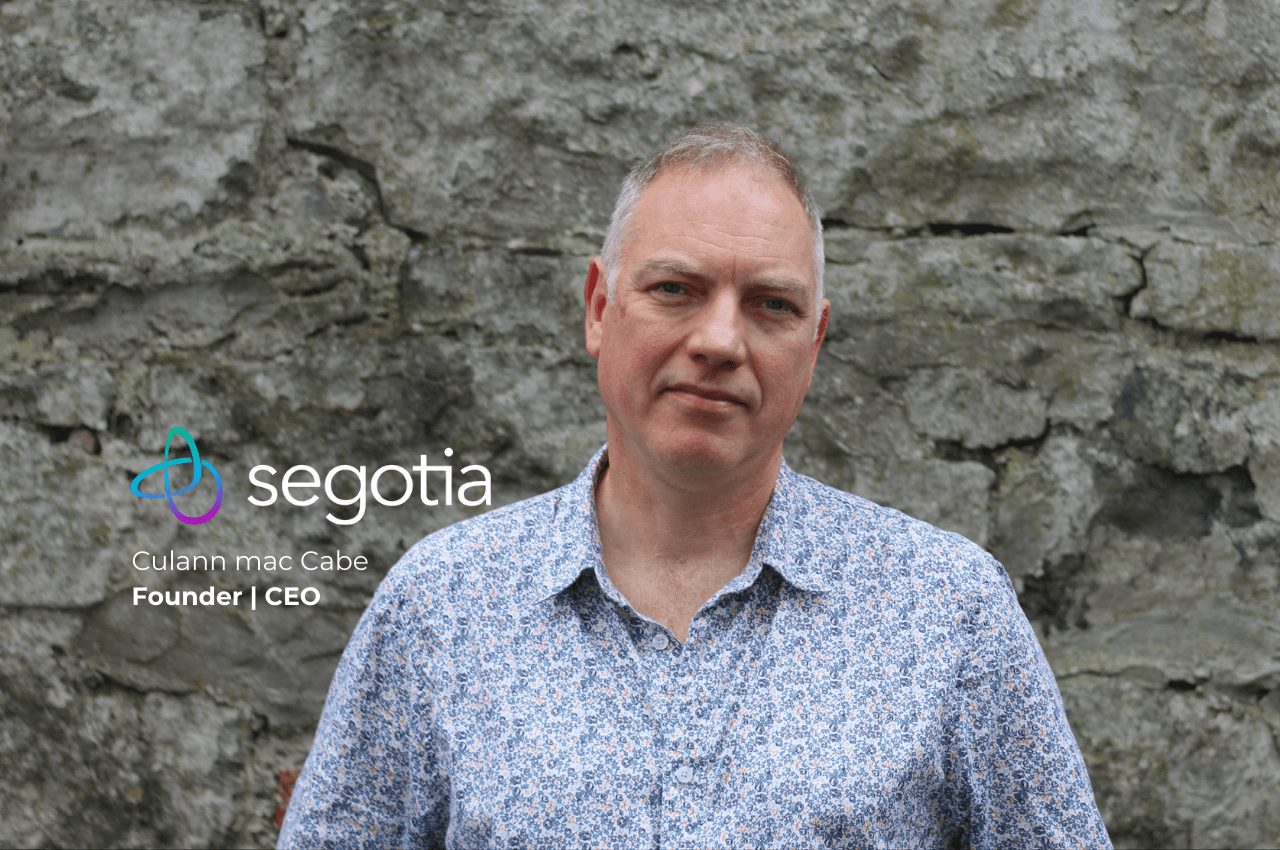Pipit Global is a for-profit impact company that has crafted considerable room in the international money transfers space. Their co-founder and CEO Ollie Walsh is now leading the way with a digital currency called Konect, a natural evolution of the company towards digital currency – while still building on their cash-focused business model.
Pipit essentially makes it possible for people to transact in cash across borders. Financial inclusion is certainly a huge part of their mission – after all, as Ollie explains, remittances is a $650 billion industry – of which roughly 15 percent (a figure that varies slightly depending on your source) is cash, which is very expensive to send home – and Pipit’s mission since the start has been around improving the experience of those whose relationship with money exists in this paradigm. To be reductive, Pipit are focused on facilitating the process by which people can get money into the system through cash.
Konect, the new part of Pipit Global, will feed into this mission to help people move money, get access to money, and lessen the expense of sending money.
So, how will Konect achieve this?
Essentially, it will allow Pipit to improve on traditional means – or rails – of facilitating the exchange of money by tokenizing funds. This means that money transferred through Pipit would be “converted” into a digital token, allowing money to move faster, more securely, and less expensively before it emerges the other side as reliable cash.
“Essentially, we’re bringing Pipit into the web3 world and tokenizing it so we can then settle transactions instantly. So, instead of sending pounds sterling and converting it to shillings and sending it to Kenya, we can convert it to a stablecoin and move it out immediately from another exchange. So, the exchange is more or less instant, and more or less free. So, it improves the service for the customers in terms of the speed and the cost, and it improves our footprint.”
To start with, Ollie and his team will be using an existing stablecoin – USDC – to get their model up and running to show how it all works, and the next stage for Konect will be to launch the Konect cryptocurrency.

“This will be an investment token, and the holders of those tokens will get staking rewards for holding the currency and discount rewards based on the number of transactions they do.
“There are a couple of layers within that where the migrant living in the UK and the receiver won’t know anything about the stablecoin – they’ll still be handing cash over the counter at a PayPoint and receiving it into their e-wallet in Kenya.
“But when we launch our own token, somebody who’s crypto-enabled will be able to buy the token off an exchange, and send it to somebody else’s wallet to cash out in FIAT which is physical cash.”
The Konect token will be created by Pipit, allowing people to simply buy it and add it to their crypto wallets, and it will function like most other altcoins out there. However, the Konect token won’t be mined, which means a big win for Pipit in terms of their sustainability and green-friendly aims.
Konect’s project lead will be Maciej Mlodzinski who has a great deal of crypto experience, while Ollie will be driving the funding side of things. Ollie has an enormous amount of experience getting funding from a Pipit perspective, having raised some $2.5 million over the years. Through Enterprise Ireland grants, Accelerator funding, VC investments, Angel investments, and other sources of finance, they have been able to further their investments from a Pipit perspective – plus, they have also received a little bit of crowdfunding, predominantly during the pandemic.
Konect is certainly a departure from what Pipit has been doing until now insofar as they haven’t been involved in web3 – so, has that required a lot of legwork to get things off the ground?
“It’s a whole new world…this plan is probably 12 months in the making to get to this point, so a lot of research has gone into it.
Ollie also explains that a lot of it comes down to team planning. Their quarterly meetings allow them to set the strategy for the forthcoming quarter, and this is when they’re able to set goals and divvy out tasks to their dedicated team of experts – whether that’s in crypto, treasury/settlements, operations, sales, or funding.
Ollie and his team are very much focused on the future for Konect – so, what does that hold for them?
“The immediate short term for Konect is to raise the funding. We’re working on the MVP now. Once the funding is raised, we’ll start a six-month process of building Inklude (another project they are working on) and then connecting them together.
“So, Pipit remains our B2B engine, which is what all of this runs on, so that we can include migrants and make it easier for them to financially connect to their families.”
By Trevor Murray


Content Marketing Specialist at the PorterShed
Email: trevor@portershed.com | LinkedIn | Twitter


